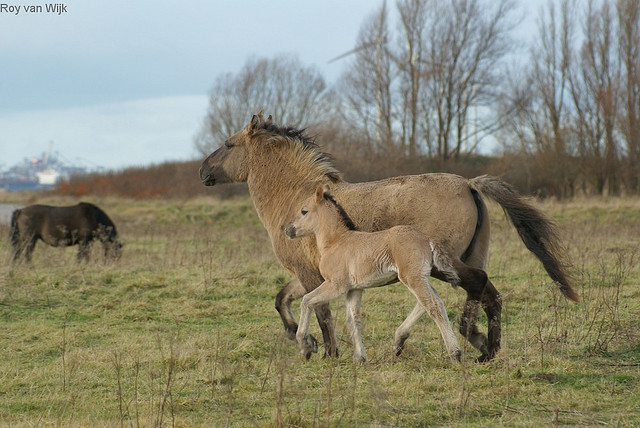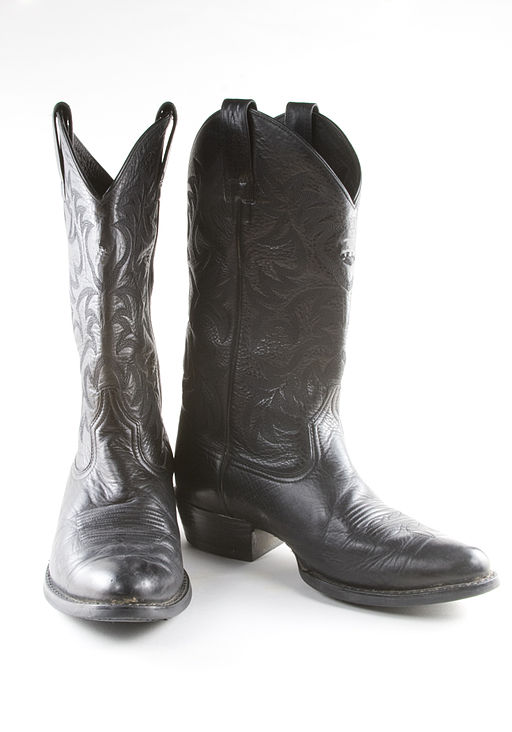How do you solve your problems?
 Thursday, February 6, 2014 at 9:50PM
Thursday, February 6, 2014 at 9:50PM 
Since the 1990’s, Britain has introduced Konik ponies to many of its wetland areas. Relocated from their natural habitat of marshy woodlands in Poland, as the animals graze they restore and sustain once-threatened ecosystems. They chomp their way through dense grass and reeds and create habitat for ground nesting birds and well as winter feeding grounds for wading birds.
Word count: 277 Reading time: about 1 minute
I wish those ponies would come and chew through some of my recent writing. It feels like I need a good habitat for new ideas and fresh expressions. Maybe what I really need is inspiration.
You can’t wait for inspiration, you have to go after it with a club, according to Jack London. Where should a person look for it?
Obvious places are:
- Books
- Movies
- TV
- Eavesdropping
- Blogs
- Plays
- Writing groups
The Konik ponies grazing habits had only an indirect relationship with the recovery of England’s degraded fens. Similarly, the sources of inspiration for writing often have an indirect relationship with writing itself. That means the writer should look past the obvious to:
- Music
- Physical labour
- An afternoon at an amusement park
- A walk in the forest
- A game of chess
- A bike ride
- A run on a beach
- A car race
- Doing something new, out of a person’s comfort zone
Sometimes the fastest route to the prize isn’t a straight line. We have to walk around the problem, look over the horizon and see what’s there. Then we have to find those Konik ponies and create new habitat for our dormant ideas.
Where does your inspiration come from? Do you look across borders to find a special little pony to solve the problem of your deteriorating wetlands?
***
Photo from Wikimedia Commons: Konik mare and foal trotting by Roy van Wijk



